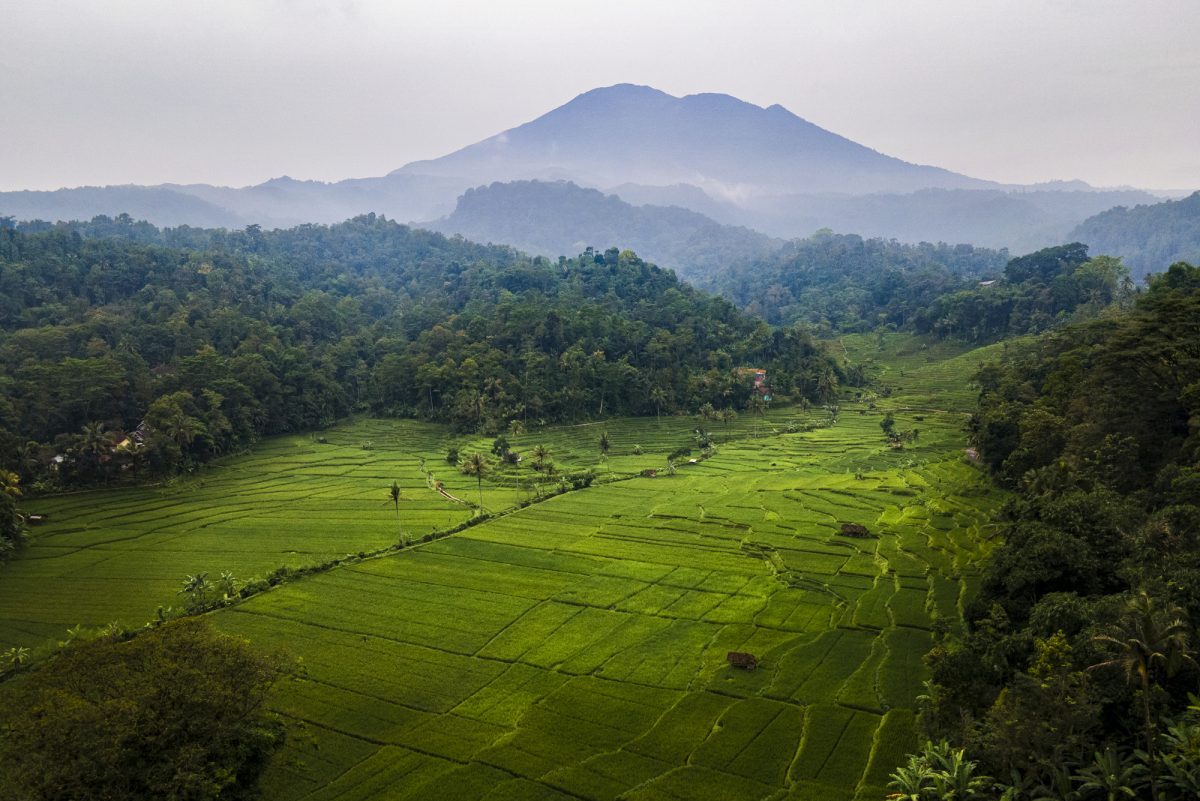Indonesian President Joko Widodo visits Washington on Monday to discuss a potential partnership on the battery metal nickel.
U.S. President Joe Biden will host his Indonesian counterpart, Joko Widodo, on Monday to discuss, among other things, a possible critical minerals partnership on the battery metal nickel, the news agency Reuters reports. Indonesia has the world’s largest nickel resources, tied with Australia, but accounts for over a third of the total world production, according to the U.S. Geological Survey (PDF). A critical minerals partnership would allow Indonesian exports of nickel to be covered by the Inflation Reduction Act and make EVs made with Indonesian minerals elligible for tax credits, rendering its industry more competitive. However, Reuters adds that the White House will emphasize the need to limit the environmental impact of nickel production.
Nationalizing Natural Resources
Under Widodo’s presidency, the world’s fourth most populous country has gradually ramped up efforts to leverage its natural resources more effectively. While the government had an export ban on all unprocessed critical minerals in place since 2014, Widodo had to lift it in 2017 as Indonesia lacked the necessary processing capabilities and was in a dire fiscal situation. However, Widodo began gradually returning to former policies following Chinese investment into the required processing facilities, starting in January 2020, when the country banned exports of unprocessed nickel ore, followed in June this year by extending this to bauxite ore, used to produce aluminum. In addition, Widodo has stated that other raw materials will be added to the list, with copper concentrate, tin, and gold following next June, according to the news agency Nikkei. With these export bans, Indonesia plans to benefit more from its natural wealth as the export of processed raw materials yields higher returns on the global market. According to the Jakarta Post, the ban on nickel ore has been an immense success for the country, growing the value of nickel-related items from just $1.1 billion (17 trillion rupiah) in 2017, 19-fold to $21.29 billion (323 trillion rupiah) last year. The rise of electric vehicle adoption has led to skyrocketing demand for nickel, as it is an essential cathode mineral. Countries with a growing EV adoption rate, like the U.S., rely on foreign sources. The only nickel mine in the U.S. is set to close in 2027, highlighting the urgency for new supply chains. In the field of rare earth elements used in EV motors, for example, Indonesia is also developing its own industry, which could provide the country with another angle to harness the global rise of electromobility.
While the export ban on nickel has been successful, Nikkei argues that importers of other raw materials from Indonesia’s restricted list could look elsewhere given that the country’s share of bauxite or copper is far less compared to nickel with only five and four percent of the global output, respectively.
Photo: iStock/Abdul Azis


